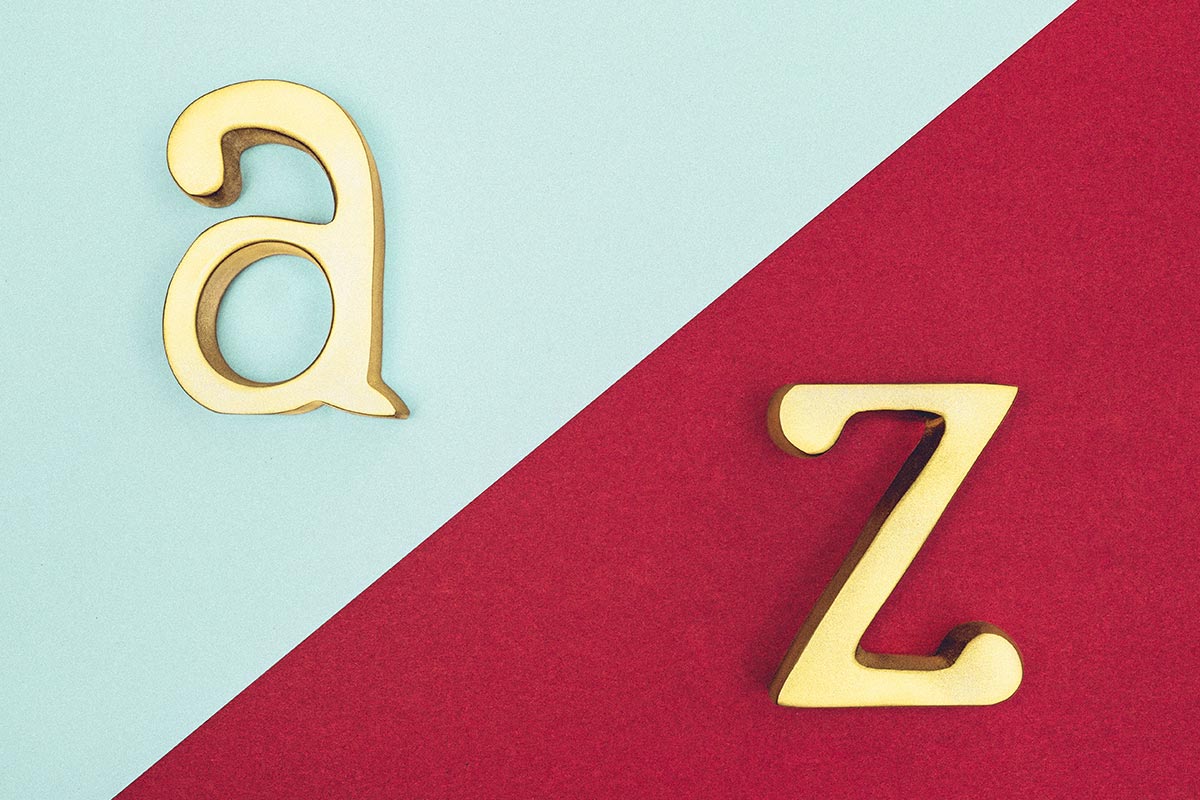
The Shoulds of Retirement
“Should” is a tricky word—especially when it comes to saving for your future. Below are some of the most-asked questions when it comes to your retirement funds. Mountain America Credit Union answers three of the most common “should” questions:
Question: How much money should I have when I retire?
Answer: A question with many answers. However, this math equation may get you in the ballpark: Estimate your annual income for the year before you plan to retire and subtract your annual retirement income (Social Security, pension, trust accounts). Whatever that difference is, multiply it by the number of years you expect to live after retirement—15, 20, or more. That’s how much you need, give or take a bit.
Question: How much should I be saving now?
Answer: The short answer here is to save as much as you can, but not more than you can. Retirement must be your savings priority, ahead of college funds or other long-term savings, primarily because you can’t get a loan to retire but you can for virtually everything else. To get a better picture of what’s happening right now, make a pie chart with five big slices: bills, debt, spending, short-term savings and long-term savings. If your long-term savings slice is too small, put more into retirement. Find ways to reprioritize by looking at the categories to make cuts. Start with other long-term savings. Then short-term savings, spending, debt and finally bills.
For a quick estimated plan, try this retirement calculator.
Question: When should I start saving?
Answer: This one’s easy—if you haven’t started yet, start today. It doesn’t matter how old you are, now is the time.
Question: What kind of retirement account should I get (or get next)?
Answer: There are three major considerations when selecting a retirement account. First, how many years do you have until retirement? The answer to that question should help determine your risk. The second question is how much money do you make? The answer to that question determines whether you’d like to be taxed on the income now or in retirement. Unfortunately, you’ll have to pay taxes on it at least once. Finally, have you maximized the benefits of another account? If you’re past the point of getting your employer to match your 401k, look at all of your options. If not, put in as much as you can that your employer will match. You’re not going to find a retirement plan that pays more than the 100% rate of return offered from employer matching funds.
Now it’s time to meet with a professional. Your financial advisor will take all of this information and set you up with the best plan possible.
Sources:
http://www.investopedia.com/university/retirementplans/529plan/
http://www.savingforcollege.com/articles/coverdell-ESA-versus-529-Plan
http://money.cnn.com/retirement/guide/basics_basics.moneymag/index7.htm
http://money.usnews.com/money/personal-finance/articles/2014/12/19/7-retirement-savings-accounts-you-should-consider
Related Articles

7 Retirement Myths Exposed
-in-the-Right-Place-1b2092b1-2bdd-44fa-be2c-eb98d379d86a.jpg)
Is Your 401(k) in the Right Place?
